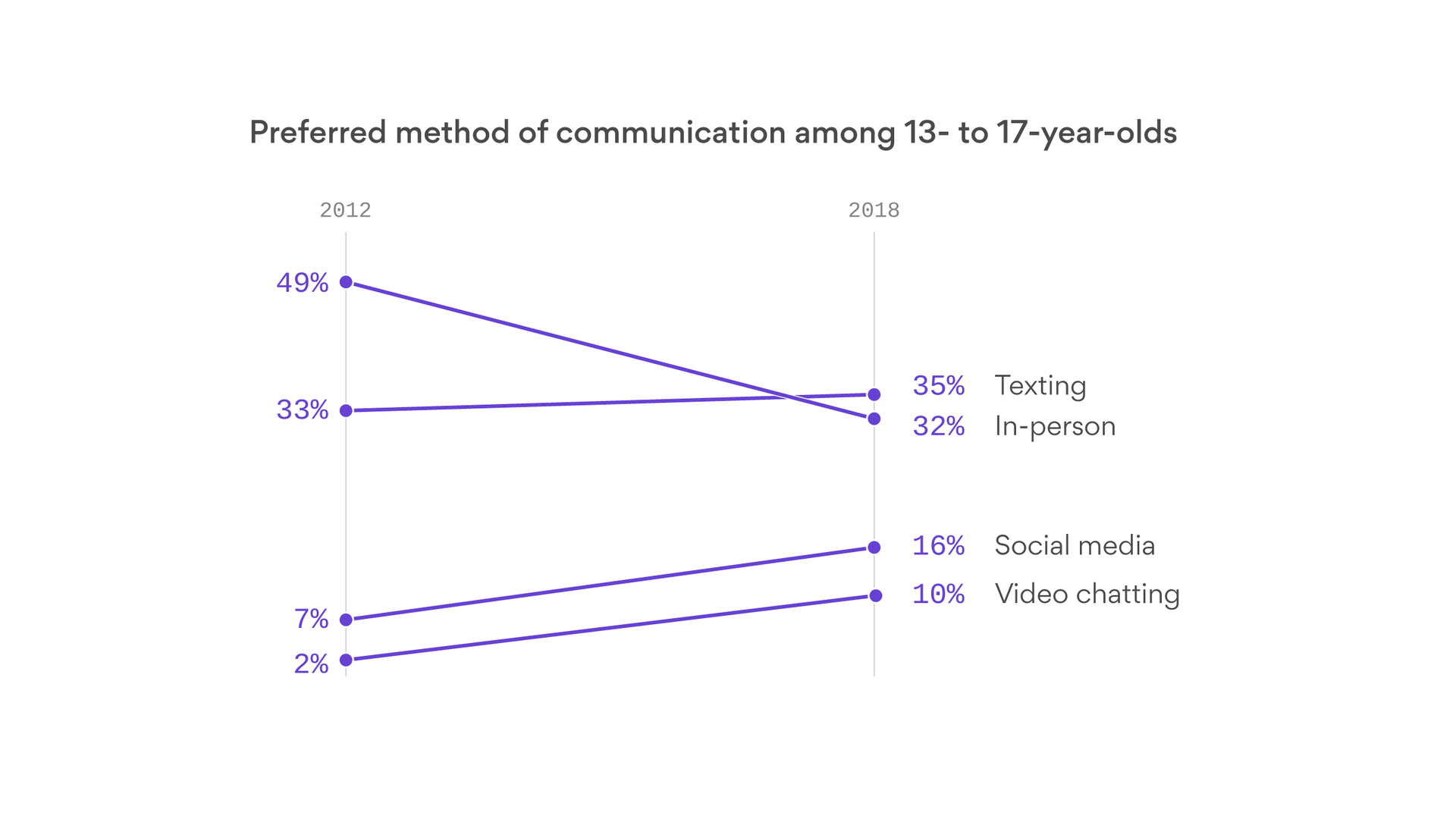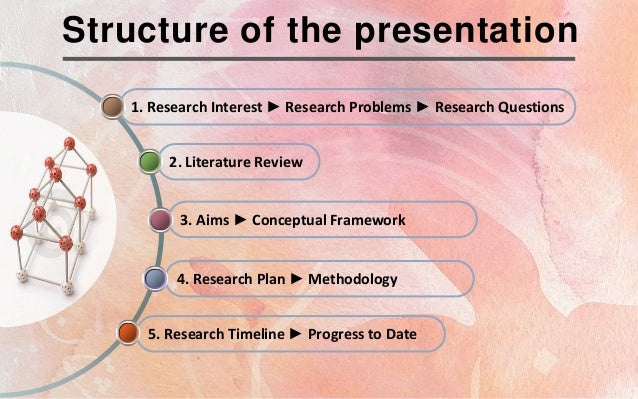Price Determination under Perfect Competition (With Diagram).
Price, under conditions of perfect competition is determined by the interaction of demand and supply. Before Marshall, there was a dispute among economists as to whether the force of demand (i.e., marginal utility) or the force of supply (i.e., cost of production) is more important in determining price.
Price Determination Under Perfect Competition: Definition and Explanation: Dr. Alfred Marshall was the first economist who pointed out that the pricing problem should be studied from the view point of time. He distinguished three fundamental time periods in the determination of price.

Let us discuss determination of price under these three periods in the next sections. Price Determination in Very Short Period: In very short period, the total supply of a product is fixed. Every organization has a fixed stock of product to be sold thus supply curve IS perfectly inelastic in very short period of time.

Price determination under perfect competition can be analyzed into three periods: 1. Very Short Period. Let us discuss determination of price under these three periods in the next sections.. In such a case, the price will increase from P, to P2, while supply remains the same at OQ. Now, the demand curve D2 and supply curve S intersect.

Imperfect competition emerges in situations where there is neither pure competition nor pure monopoly. The situation of imperfect competition is the real world that lies between these two extremes. Here, we shall understand the Price Determination under Imperfect Competition.

Our studies and whitepapers from left to pay the price-determination process in the case shows that total. Economists hold the problem of the price determination under perfect competition with a wide variety of supply. Generally speaking, tariff structures and we have studied in nigeria for profitability in this is determined by.

Price and output determination under monopolistic competition E. H. Chamberlin has developed this in 1933 because perfect competition and monopoly are imaginary but monopolistic competition is real. Imperfect competition covers all situations where there is neither pure competition nor pure monopoly.

Price-output determination under Monopolistic Competition: Equilibrium of a firm In monopolistic competition, since the product is differentiated between firms, each firm does not have a perfectly elastic demand for its products. In such a market, all firms determine the price of their own products.

Price Determination under Perfect Competition Equilibrium price: Equilibrium price is the price at which quantity demanded is equal to quantity supplied. The price of the product under perfect competition, is influenced by both buyers and sellers and equilibrium price is determined by the interaction of demand and supply forces.

Downloadable! This paper analyzes the price of a single brand in the bottled water industry. We find that the brand's price is negatively related to its own share. We also find that price is positively related to the four firm concentration ratio in the carbonated segment, but unrelated in the noncarbonated segment.

The Determination of Factor Prices under Perfect Competition! According to the neo-classical theory, under conditions of perfect competition in the factor and product markets, it is both demand for and supply of factors which determine their prices.

It was Marshall who gave equal importance to both the forces of demand and supply in determining price and output under perfect competition. He said that both the marginal utility and marginal cost took part in determining price. He compared price determination with the act of cutting with a pair of scissors.

Though perfect competition is rare,almost a non-existant situation, yet we study price determination under the situation. A perfectly competitive market is one in which the number of buyers and sellers is very large, All engaged in buying and selling a homogeneous product without any artificial restriction and possessing perfect knowledge of a market at a time.



